What Causes Ear Infections?
In the U.S. earache pain from an ear infection is one of the most common reasons people orparents visit an urgent care center or their doctor’s office seeking medical attention for themselves or their child. Earaches may be caused by various conditions that include injury, infection caused by another illness, swimmers ear, ear wax buildup, pressure changes (i.e. air travel, scuba diving), and allergies.
The symptoms of an ear infection is typically acute in nature, meaning the symptoms appear rapidly and usually do not last long, but in some cases (often in small children) earaches may be longer in duration and recurring or chronic.
Middle ear infections are the most common type of earache health care professionals treat. The middle ear infection is most often caused by the common cold virus or a bacterium that invades the middle ear causing swelling of the eustachian tubes. When swelling and inflammation occur in the eustachian tubes it interferes with the functions they perform,which are; draining of normal ear secretions, regulating the air pressure within the ear and bringing fresh air into the eustachian tubes.
When the eustachian tubes cannot function properly and become blocked this allows fluid secretions to build up in the middle earcausing pressure. The accumulation of the fluids also provide a breeding ground for infection and cause the pressure, throbbing type pain associated with sudden onset (acute) ear infections.
Small children are more susceptible to middle ear infections because they are still growing, their eustachian tubes are in a more horizontal position and are smaller and more narrow which makes them prone to becoming blocked and hence infection may easily take over.
What are the Symptoms of an Earache (Infection)?
There are different types and causes of ear infections, but no matter the type or cause all ear infections may cause one or more of the following symptoms:
- A dull throbbing ache
- Sharp intense ache
- Burning pain
- Discharge of yellowish fluid from ear(s)
- Loss of equilibrium
- Vertigo
- Nausea
- Vomiting
- Headache
- Fever
- Loss of or diminished hearing
- Irritability or crying
- Diminished appetite
- Difficulty sleeping
- Tugging at ear (in small children or infants)
When Should you Seek Treatment?
Very often, in a relatively short period of time, middle ear infections will heal on their own,without seeing a doctor, by simply treating the symptoms and pain with home health care remedies such as warm compresses, over the counter ear drops for pain relief and ibuprofen for fever management.
Infants under six months old displaying any symptoms of ear infection should be seen by their pediatrician within 24 hours preferably, if not you may prefer a visit with an urgent care center to avoid delaying proper diagnosis and a curative treatment plan.
Children six months and older, including adults, who are not presenting severe symptoms or fever higher than 102 degrees Fahrenheit may proceed with home health care treatments as long as there is steady progress towards healing. If not, you should consult your physician or urgent care center.
If you or your child’s condition worsens, have a fever above 102 degrees Fahrenheit, or other symptoms appear you should seek treatment with your health care provider or urgent care center as quickly as possible, as there may be need of further treatment. Additionaltesting may be required to discover the origin of the infection, why it is not healing, or to determine if there is a more serious health issue at hand.
What is the Treatment for a Bacterial Ear Infection?
Typical treatment for a bacterial ear infection may include specific antibiotics to eliminate the bacterium that is causing your ear infection. It is imperative that you completely finish the course of antibiotics prescribed by your doctor; even if your symptoms are resolvedand you are feeling better you still need to take all of the medication(s) to the end. Home health remedies such as over the counter medications may be utilized to help alleviate pain and fever symptoms. Your health care provider will advise you as to what over the counter medications are best for you or your child.
Acute viral ear infections cannot be treated with antibiotics, as antibiotics will not work on an infection that is viral in nature. Time and home health care remedies will resolve a viral ear infection. If the ear infection is not getting better after several days you should consult your health care provider for a diagnosis and treatment options.
Recurring or Persistent Ear Infections
For infants and small children who are having recurring ear infections your health care provider may discuss with you having ear tubes inserted in the child’s ears, or if it is discovered that the adenoids are the cause they may need to be surgically removed. In either case your pediatrician will refer you to an ear, nose and throat specialist to determine your child’s prognosis for the future and possible surgical treatment plan.
Most ear infections are not serious and do not have long term effects, but if you have any doubts about permanent diminished hearing you should seek your health care provider for a follow up visit as soon as possible.




